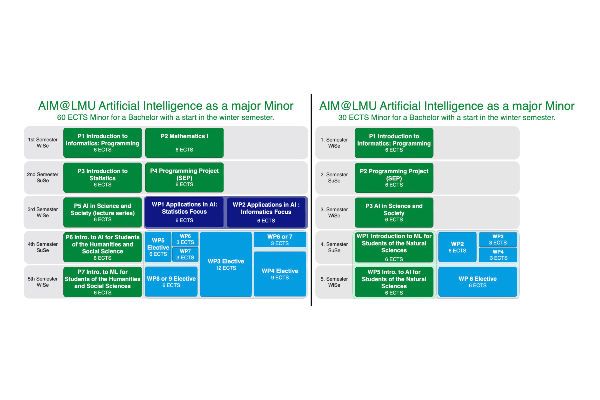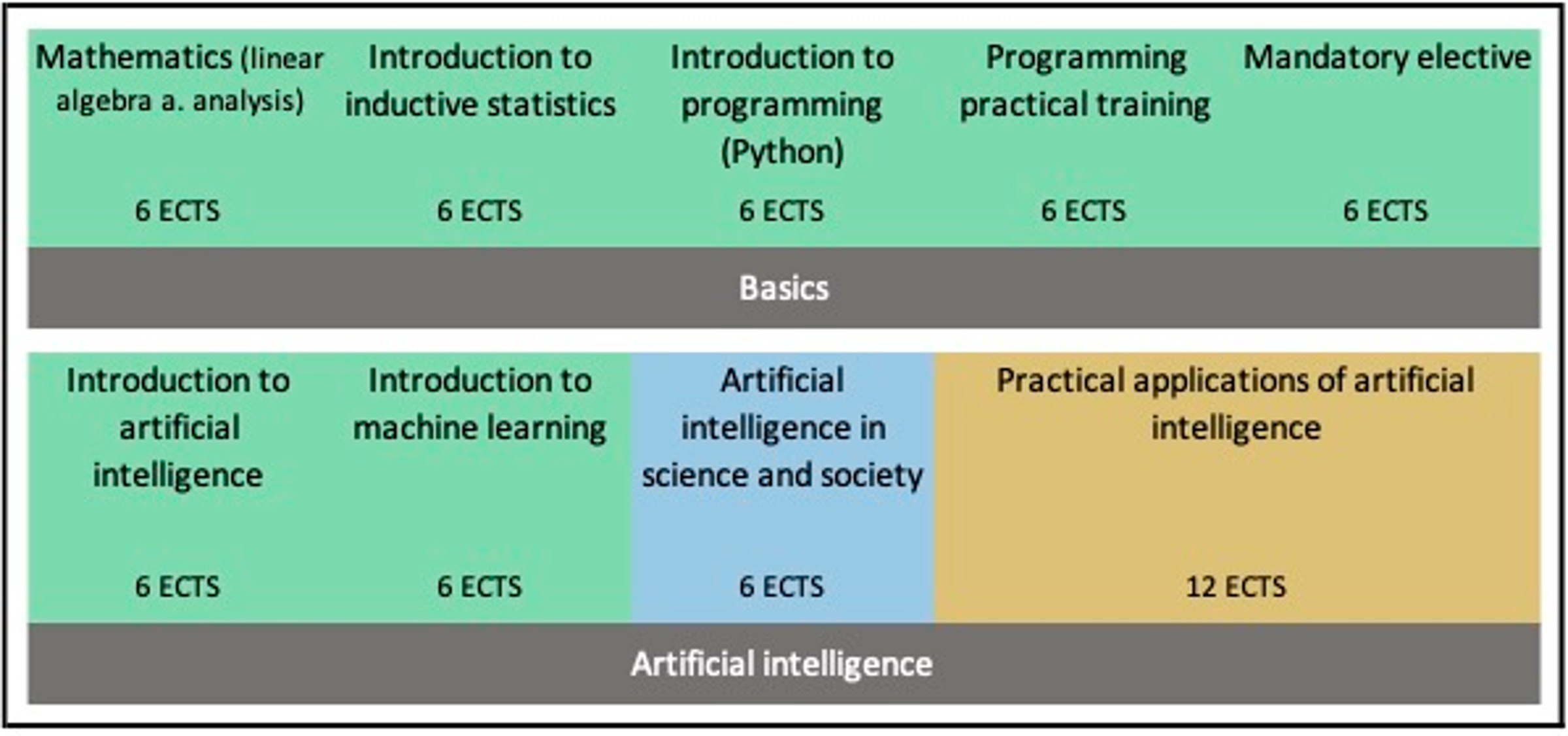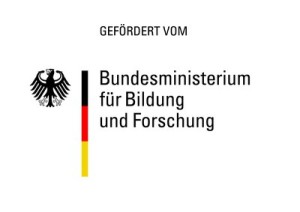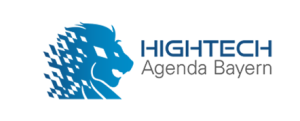About the Project
The advances and rapid developments that we are currently experiencing in the fields of artificial intelligence (AI) and machine learning (ML) are not only accompanied by far-reaching changes in our society, industry, and the economy but are also starting to influence other areas of science, in which AI methods open up new research perspectives. A basic understanding of the concepts and methods of AI and their potential, risks, and limitations is therefore not only of fundamental importance for students of the computer sciences and related subjects but is also becoming increasingly important for students of completely different disciplines.
Taking this development into account, Prof. Dr. Hüllermeier and his colleagues have set themselves the goal of designing a broad, interdisciplinary training program for students at the Ludwig-Maximilians-Universität (LMU) in Munich. The Federal Ministry of Research, Technology and Space (BMFTR) is funding the program "Artificial Intelligence as a major Minor" (AIM@LMU) at LMU (in German).
The aim of our initiative is to give students from a wide range of disciplines the opportunity to supplement their primary field of study with customized AI training in the form of a minor, import module, or by acquiring additional certificates. Such an education is attractive for students in several respects: From a job-related, practical point of view, the students acquire skills that qualify them in a special way for the job market. From the point of view of research-oriented and qualifying teaching, students are optimally prepared for a branch of research that will be beneficial to their main subject.
The course offer is individually coordinated with the respective subjects but will follow one of two models:
- Minor model for subjects with a minor of 30 ECTS (e.g., natural sciences) or 60 ECTS (typical for humanities and many social sciences) in the bachelor's degree and
- Import model for subjects without an actual minor, which typically have larger blocks of elective modules.
The minor started in WiSe 2023/2024 with 112 students. For questions and information about how to participate, please contact the program coordinator.
Compatible Majors
Please view the list of degree programs offering the Minor on the central LMU Website (Degree Program finder):
The minor subject model for the 60 ECTS minor will offer two blocks of 30 ECTS each in the bachelor’s degree, a “Basics” block and an “Artificial Intelligence” block (see figure below). For the 30 ECTS minor subjects, basic knowledge of mathematics and computer science/programming will be assumed so that the first block can be omitted.
The first block "Basics" is intended to convey the essential prerequisites in mathematics, computer science, and statistics and includes the following modules:
- Mathematics (Linear algebra and analysis, 6 ECTS, 3 SWS lectures + 2 SWS exercise course)
- Introduction to inductive statistics for students of the minor (6 ECTS, 4 SWS lectures + 2 SWS exercise course)
- Introduction to programming (6 ECTS, 3 SWS lecture + 2 SWS exercise course)
- Programming practical training (6 ECTS, 4 SWS practical training)
- Mandatory elective (6 ECTS): Database systems, human-machine interaction, algorithms and data structures, data mining algorithms, logic and discrete structures, human computation, economic and social statistics, and other courses on request.
The second block, “Artificial Intelligence,” includes the following the AI courses:
- Introduction to artificial intelligence (for the natural/ social sciences) (6 ECTS, 3 SWS lectures + 1 SWS exercise course)
- Introduction to machine learning (for the natural/social sciences) (6 ECTS, 3 SWS lectures + 1 SWS exercise course)
- Artificial intelligence in science and society (lecture series, 6 ECTS)
- Practical applications of artificial intelligence (12 ECTS)
Language:
The courses of the "Basics" block will be taught primarily in German, and the courses of the "Artificial Intelligence" block will be taught either in German or English.
Import Model
The Import model enables a specific design for the respective subject in which both detailed previous knowledge and general framework conditions of the course structure, including the distribution of the available ECTS points, can be addressed.





